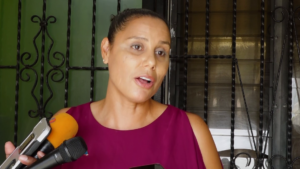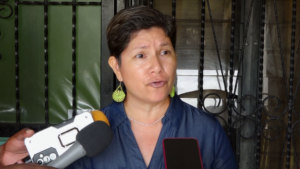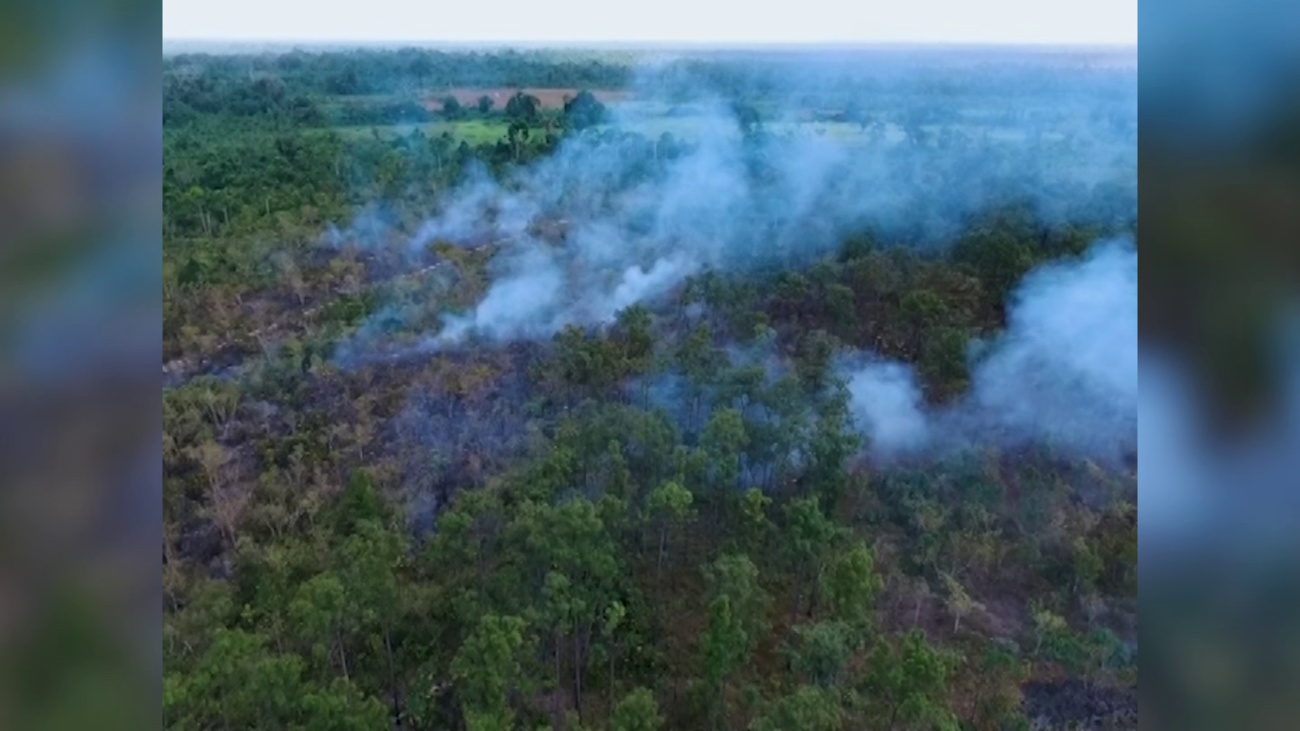Co-managers in Need of Additional Support for Protected Areas
In the wake of the onslaught of wildfires that destroyed thousands of acres of land during the dry season, co-managers of protected areas are now grappling with the intense flooding that has now commenced amidst the rainy season. After such devastation, a few co-managers have expressed frustration with the lack of funding and support. N.G.O. Senator Janelle Chanona and Doctor Elma Kay, Chair of the Belize Network of N.G.O.s, say that the support needs to be a collective effort.

Janelle Chanona
Janelle Chanona, Senator for NGO’s
“The national conversation has to be how do we make sure that the co-managers are bolstered, are supported, are enhanced, that is called out. It’s really tough, I think to see all of this kind of international accolade and we embrace our reputation, but how do we make sure that we can maintain that integrity and as you said make sure that nobody feels abandoned when they’re doing work that has national implication benefits, goods and services across the board and it is that you know we have to make sure because they’re there because they’re rendering this service on behalf of everyone that they get the resources they need but that is the support and If it is that it comes across as criticism, then yes, but it is certainly a collective response that has to be in place.”

Dr. Elma Kay
Dr. Elma Kay, Chair, BNN
“I think wildfires was something that it was always protected area managers and comanagers that we’re bringing to the forefront. But I think this fire season has absolutely shown us that this is something that touches human lives in a very direct way. It’s no longer an indirect way where we would say, Oh, it’s just our forest burning, and now we will have reduced areas for capturing water or watershed protection. Now, it’s actually affecting people’s homes, people’s livelihoods. people’s farms. So I think it’s really pointing out to the very the gaps in capacity that we have. I think there’s a lot of hope NGOs and other comanagers have for a long time been training in this aspect of fire management. And so I think the capacity is in country for us to help communities and others to build that capacity. But obviously, there is also a responsibility of the state and, our social responsibility as communities to want to improve our capacities to be able to deal with this in a proactive, not a reactive way, as we have always done.”







Facebook Comments